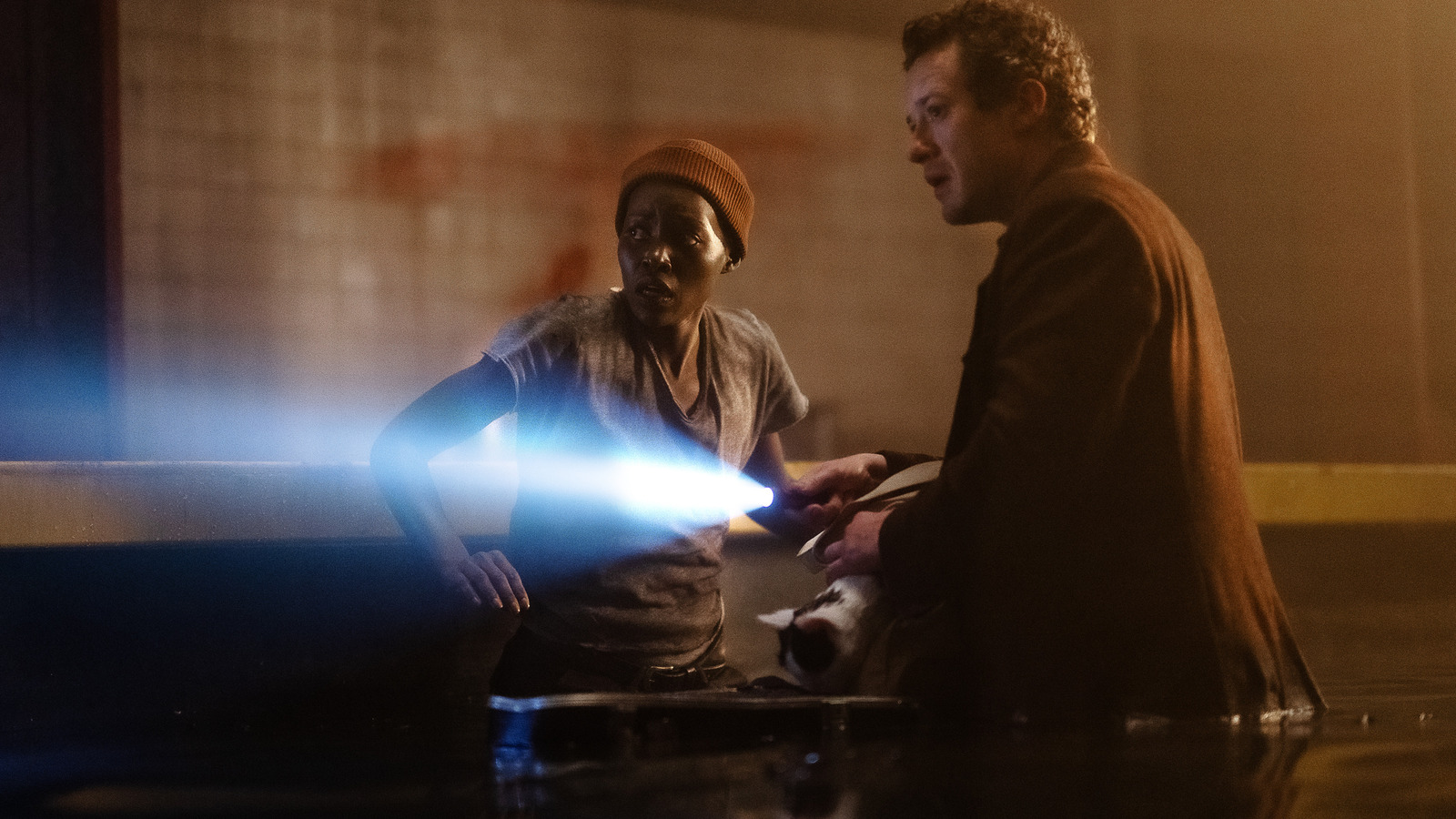
Remember when many hopeful film nerds thought that the MCU would be the perfect launching pad for up-and-coming filmmakers to make a name for themselves, put their own twist on formula, and position themselves for greater things to come? To paraphrase a famous line from “The Avengers,” there was an idea to bring together a group of the most promising storytellers — the Taika Waititis, the Chloé Zhaos, and the Nia DaCostas of the film world — so they could help lend an air of legitimacy to Marvel movies while further establishing themselves as household names. Ideally, Kevin Feige would give them just enough leeway to bring a certain flavor to each film … without straying too far outside the all-important confines of the superhero sandbox, of course. In exchange, the post-Marvel bump would (theoretically) give them an easier time following Christopher Nolan’s “One for me, one for the studio” approach. It was a win-win.
The reality, however, proved quite different. For every success story like James Gunn or Joss Whedon (both of whom never actually left the superhero scene upon joining the MCU, notably), we had countless instances where auteurs and other opinionated artists were simply unable to mesh with the demands of a shared universe: Edgar Wright, Patty Jenkins, Scott Derrickson, and Ava DuVernay, to name just a few. And even when filmmakers like Jon Favreau or Joe and Anthony Russo or Jon Watts delivered hits and worked well enough with Feige to keep coming back for more, it could be argued that the lack of any discernible personality in their directing is precisely why they fit in so well.
In the end, the MCU did the exact opposite of what movie lovers hoped it would.


Leave a Reply